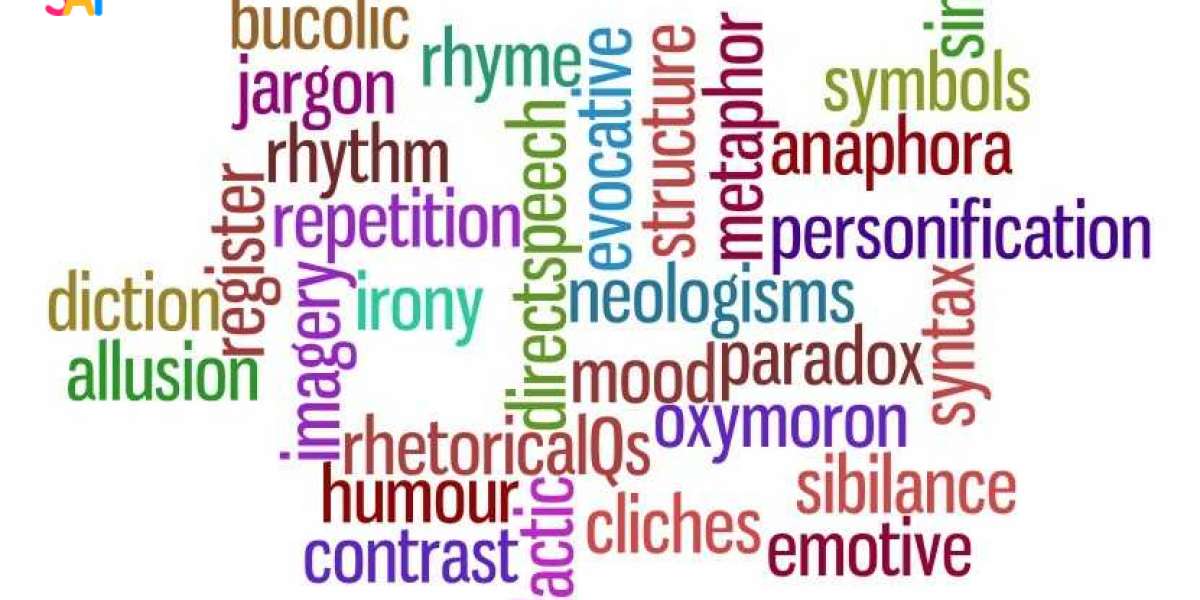Introduction to Euphemisms in Political Speech
Politics and language are intricately linked, and few linguistic tools are as influential as euphemisms in shaping political narratives. Euphemisms—those mild, indirect, or vague terms that replace more direct or potentially harsh language—are often employed in political speech to soften the impact of controversial or unpleasant topics. But why are they so prevalent in political discourse, and how do they affect the way we interpret messages from our leaders?
A euphemism is essentially a linguistic sugar coat. Whether it's “collateral damage” replacing “civilian casualties” or “enhanced interrogation” instead of “torture,” euphemisms allow politicians to frame their messages in a way that mitigates potential backlash. In a world where perception is often as important as reality, euphemisms have become an essential tool in the political playbook.
The Psychological Impact of Euphemisms
Language and Perception
Words carry weight. The way we phrase something influences how it's understood and processed by the brain. Euphemisms, when strategically used, can alter the emotional response of the audience. For instance, the term “pre-owned” feels more palatable than “used,” even though they mean the same thing. In politics, the stakes are higher. A term like “peacekeeping mission” sounds more reassuring than “military intervention,” shaping public opinion to view actions in a more positive light.
Soothing the Audience: Euphemisms as a Tool for Emotional Appeal
Politicians understand that language tools are a key to managing emotional reactions. Euphemisms serve to soften difficult truths, allowing leaders to convey complex or unpleasant information in a way that seems less threatening. This can soothe their audience, especially during times of crisis, when emotions run high, and support can easily wane. By carefully choosing their words, politicians can keep the public calm and, ideally, on their side.
Cognitive Dissonance and Political Messaging
Cognitive dissonance occurs when someone holds two conflicting ideas, and euphemisms help bridge that discomfort. When political leaders use softer language, they reduce the tension between the uncomfortable reality of a situation and the public’s desire for comfort or stability. By masking harsher truths behind euphemisms, they avoid triggering the mental friction that might lead to rejection of their policies or positions.
Historical Examples of Euphemisms in Politics
Euphemisms in Wartime Rhetoric
War has always been fertile ground for euphemistic language. In World War II, for example, the term “final solution” was a horrific euphemism used to disguise genocide. More broadly, phrases like “friendly fire” hide the tragic reality of soldiers accidentally killing their comrades. By softening the harsh truth, euphemisms help manage public sentiment and maintain morale during difficult times.
Cold War Language: The Use of Euphemisms During Geopolitical Tensions
During the Cold War, the political lexicon was full of euphemisms designed to obscure the harsh realities of geopolitical conflict. Phrases like “arms race” and “mutually assured destruction” were euphemisms that normalized the threat of global annihilation. They conveyed the tense standoff between superpowers in a way that seemed less alarming, though no less serious.
Post-9/11 Euphemisms in Political Communication
After 9/11, the political landscape changed dramatically, and euphemisms quickly followed. The term “enhanced interrogation techniques,” for example, was used to obscure the practice of torture in the context of the War on Terror. Similarly, the phrase “collateral damage” was widely used to mask civilian deaths in military operations, diluting the emotional and moral weight of such actions.
Euphemisms and Political Strategy
How Politicians Use Euphemisms to Control Narratives
Controlling the narrative is a critical part of political strategy, and euphemisms play a huge role. By framing issues in more favorable terms, politicians can shape public perception and gain support for policies that might otherwise be unpopular. For example, “surveillance” can sound invasive, but rebranded as “data collection for national security,” it feels more acceptable.
Manipulating Public Opinion: The Role of Subtle Language
Subtle changes in wording can lead to major shifts in public opinion. Consider the difference between “welfare” and “social safety net.” Both refer to government aid programs, but the latter feels more supportive and less stigmatized. Politicians strategically deploy euphemisms to manage how voters react to key issues, from healthcare to defense spending.
Softening the Blow: Euphemisms in Public Policy Announcements
When unveiling difficult or unpopular policies, euphemisms are an effective tool to soften the blow. For instance, calling a tax increase “revenue enhancement” makes it seem less punitive. Similarly, “downsizing” sounds less harsh than “mass layoffs,” helping leaders communicate tough decisions without stirring panic or resentment.
The Ethical Dilemmas of Euphemistic Language
Deception vs. Diplomacy: Where is the Line?
Euphemisms walk a fine line between diplomacy and deception. While some may argue that they are necessary for managing sensitive issues, others claim that they mislead the public by obscuring the truth. Where is the line between protecting public interest and deceiving the populace? The ethical dilemma is one of the core tensions in political communication.
Transparency and Accountability: The Risks of Euphemisms in Democracy
In a democracy, transparency and accountability are crucial. Euphemisms can undermine both by making it harder for citizens to understand the full implications of a policy. If the language used to describe government actions is too vague or misleading, voters may find it difficult to hold their leaders accountable.
Euphemisms as a Shield for Controversial Policies
Leaders often use euphemisms to shield themselves from the backlash of controversial decisions. For instance, referring to government surveillance as “data collection” obscures the potential invasion of privacy. This kind of linguistic shielding prevents open and honest public debates on policies that might otherwise face resistance.
Media’s Role in Amplifying Euphemisms
Journalistic Responsibility in Reporting Political Speech
The media plays a significant role in either perpetuating or challenging euphemisms in political speech. When journalists uncritically repeat political euphemisms, they contribute to shaping public perception. On the other hand, a vigilant press can help clarify and expose the true meaning behind political jargon.
How the Media Repeats or Challenges Euphemistic Phrases
News outlets sometimes adopt political euphemisms, often unintentionally, which reinforces the politician’s framing. However, critical journalism can unpack these euphemisms, providing the public with a clearer understanding of political messaging. Think-tank reports, editorials, and investigative journalism frequently serve as antidotes to political doublespeak.
Euphemisms in International Relations
Diplomatic Language: The Use of Softened Terms in Global Politics
In diplomacy, euphemisms are a staple. Politicians and diplomats often use euphemistic language to avoid escalating tensions between nations. Terms like “peace talks” might cover for protracted negotiations, while “sanctions” often means economic warfare. The goal is to maintain diplomatic decorum, even when the reality is far from peaceful.
Avoiding Conflict: The Power of Careful Wording in Negotiations
The careful use of euphemisms can prevent conflicts from spiraling out of control. Diplomatic language is crafted to preserve relations, even when nations are at odds. Phrases like “constructive dialogue” or “collaborative approach” soften disagreements and keep negotiations alive.
Cultural Variations in Euphemisms across Different Countries
Euphemisms vary widely across cultures, reflecting different values and norms. What’s acceptable in one political system might be offensive in another. Understanding these cultural variations is key to effective international relations, where miscommunication can lead to serious diplomatic blunders.
Euphemisms in Political Campaigns
Election Campaigning: Crafting Euphemisms for Voter Appeal
During elections, euphemisms are used to present policies in the most appealing light possible. Politicians carefully craft language that resonates with their base while avoiding alienating undecided voters. Terms like “job creators” instead of “the wealthy” are designed to frame tax cuts for the rich in a positive way.
How Campaign Ads Use Euphemisms to Avoid Alienating Audiences
Campaign ads often rely on euphemisms to skate over controversial issues without alienating audiences. For example, phrases like “protecting our way of life” can be a euphemism for anti-immigration policies. This allows campaigns to appeal to certain voters without overtly stating their positions.
Success Stories: Effective Euphemistic Messaging in Major Campaigns
Some of the most successful political campaigns have been those that mastered the art of euphemism. Ronald Reagan’s rebranding of "tax cuts for the rich" as “trickle-down economics” remains a powerful example of how euphemisms can frame a policy in a more positive light and convince voters to support it.
The Future of Euphemisms in Political Speech
Will Political Language Become More Transparent?
With increasing public demand for transparency, some wonder whether political euphemisms will lose their power. Social media, in particular, has made it easier to call out deceptive language, leading to a greater push for honest, straightforward communication.
The Role of Social Media in Exposing Euphemisms
Social media platforms are making it harder for politicians to hide behind euphemisms. Online communities, fact-checkers, and activists frequently dissect political language in real-time, exposing euphemisms and encouraging more direct discourse. As this trend continues, it may limit the effectiveness of euphemisms in the future.
Evolving Language: New Euphemisms for Modern Issues
As society evolves, so does political language. New euphemisms are constantly emerging to address modern issues, from climate change to digital privacy. Terms like “clean coal” and “sharing economy” are just a few examples of how euphemisms will continue to adapt in the future.
Conclusion
Euphemisms are a double-edged sword in political speech. On one hand, they serve as tools for diplomacy, helping politicians navigate difficult conversations. On the other, they can obscure the truth, making it harder for the public to hold their leaders accountable. As political language continues to evolve, it’s up to us as critical listeners to discern what’s being said—and, more importantly, what’s being left unsaid.





